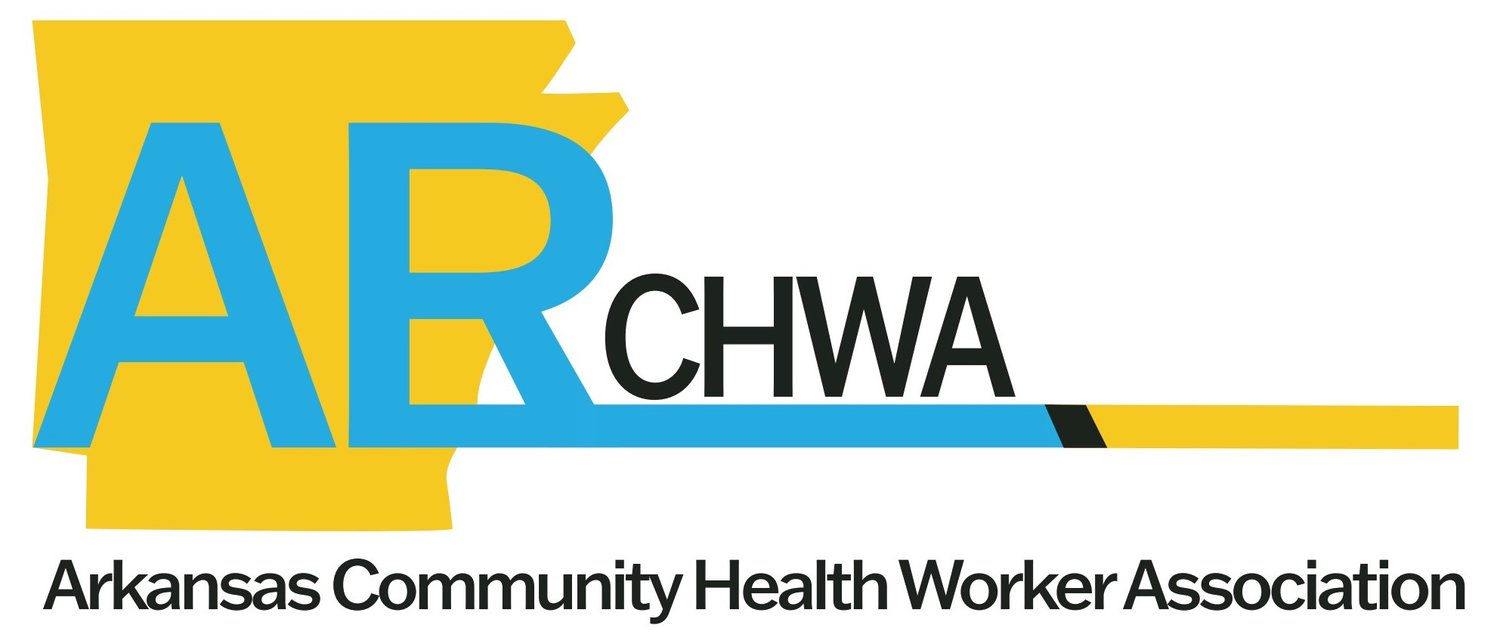George Washington School of Medicine & Health Sciences Oncology Patient Navigator Training: The Fundamentals
The training is available in English and Spanish.
This comprehensive, competency-based training is free, aligns with CMS requirements for training and uses evidence-based information to prepare patient navigators to effectively address barriers to care for cancer patients and survivors. Through a collaborative process, the GW Cancer Center developed the first-ever, national consensus-based competencies for oncology patient navigators without a clinical license. The original training was released in 2015 and was updated and re-released in 2025 after extensive content update from a professional review committee and reformatting.
Men’s National CHW Alliance
On August 4, 2023, at the 2023 National Association of Community Health Workers (NACHW) Unity Conference in Austin, Texas, Terri Jowers, CCHW, South Carolina Community Health Worker Association (SCCHWA) and Guillermo Wippold, Ph.D., University of South Carolina, presented their community-engaged research on Men's Health in a breakout session entitled “We Need More Male CHWs! What Community-based Participatory Research told us about engaging men in health.” During the discussion, the presenters challenged the attendees to take action to increase the number of male CHWs to improve men's health outcomes.
The discussion started at the Unity Conference and sparked a group of men and men's health allies to begin meeting and form what is now being called the Men's National CHW Alliance. MNCHWA can now proudly share that they have members from 25 different states across the nation!
Envision CHW Learning Series
This digital learning series is designed to equip public health departments and CHW-supporting organizations with strategies for CHW integration and sustainability. Developed by CHW and ally experts, the series consists of four modules, each with four lessons that run approximately 30 minutes for a total viewing time of approximately 3 hours.
These were created in collaboration with the Center for Community Health Alignment (CCHA), the National Council on CHW Core Consensus Standards (C3 Council), and the Community Health Worker Center for Research and Evaluation (CHW-CRE).
Equipping CHWs to Address Alzheimer’s Disease and Related Dementias in their Communities
The goal of this e-learning course by ASTHO is to leverage the robust knowledge, skills, and expertise that CHWs already have and apply these to support brain health and address Alzheimer’s disease and related dementias (ADRD) in their communities.
Tobacco Prevention and Cessation Resources for CHWs Webinar
This is a one-hour virtual webinar to learn about tobacco prevention and cessation to better serve your clients. The webinar discusses the importance of tobacco cessation, the negative effects of tobacco use, and resources available for tobacco cessation. Community health workers who complete this webinar along with the post-test will be eligible for one professional development credit for certified CHWs. Please submit the completed post-test to: info@archwa.org
Click here to download the post-test.
Pneumococcal Vaccination for Adults Education Module
These are free education modules that are available in English and Spanish. The trainings may be completed by any provider or healthcare worker and was created with community health and extension workers in mind who interact with many underserved and undervaccinated populations. In addition to being of interest to community health workers (CHW), these education modules may help healthcare workers discuss adult vaccination with their patients. Please note that there is an Assessment at the end of each module.
Oral Health Essentials for CHWs Webinar
This is a one-hour virtual webinar to learn about oral health essentials to better serve your clients. It will discuss access to dental care, the link between oral and overall health, and recommended guidelines for special populations. Community health workers who complete this webinar along with the post-test will be eligible for one professional development credit for certified CHWs. Please submit the completed post-test to: info@archwa.org
The webinar was made possible through a mini-grant with Delta Dental.
CHW Free Training: Chronic Kidney Disease
At the National Kidney Foundation (NKF), we recognize the invaluable role that Community Health Workers (CHWs) play in the well-being of communities nationwide. That's why the NKF is excited to introduce our specialized chronic kidney disease (CKD) training program tailored specifically to equip CHWs with the knowledge and tools they need to make a meaningful difference in the lives of CKD patients.
Comprehensive CKD Expertise: Our training program is developed by Community Health Workers, CKD experts, and other Health Care professionals who work closely with CHWs. These training modules cover all aspects of CKD care, from risk assessment, early detection, lifestyle management, nutrition, and end stage kidney disease care.
Upon completion of our CKD training program, CHWs will receive a certification of participation from the NKF, enhancing their professional credentials and career opportunities.
Community Health Worker Trauma & Resiliency Toolkit (CHW-TRT)
This toolkit was developed by the Arizona State University’s Office of Community Health Engagement & Resilience. The information and resources found in this toolkit are aimed at providing tools to Community Health Workers (CHWs), Promotores de Salud, Community Health Representatives, Community Health Advisors, Peer Support Specialists, Navigators, and other related titles, who primarily serve historically marginalized and disenfranchised communities. This toolkit is intended to provide educational content and guidance, focusing on effective responses and support for children, adolescents, and families encountering trauma and toxic stress.
National Community Health Worker Association (NACHW)
The National Community Health Worker Association (NACHW) is a national association that aims to “unify the voices of CHWs and strengthen the capacity of the profession.”
Findhelp.org
This is a nationwide database, with many resources in Arkansas, to help clients with food, housing, and other social services.
AIM iREACH Vaccine eLearning Modules
The iREACH team created a series of six eLearning modules (eModules) in both English and Spanish to increase knowledge and support community conversations about the flu, COVID-19, and basic information about vaccines and vaccine safety.
